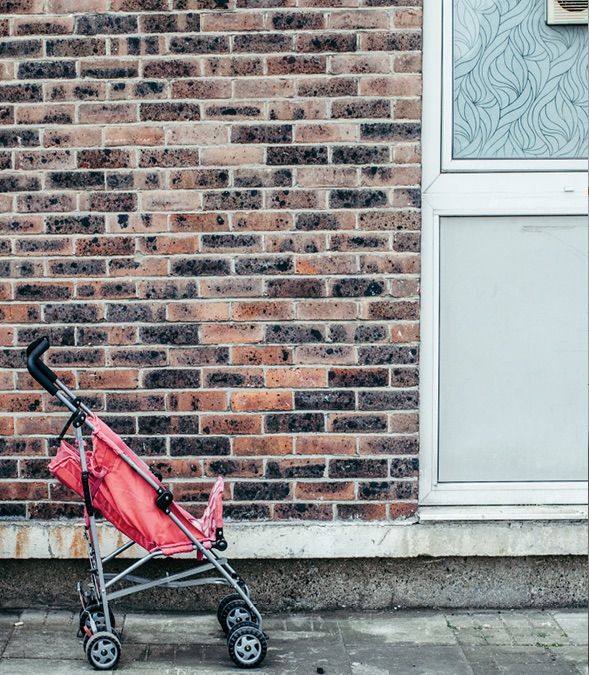Benefit cap unlawful and causes ‘real misery for no good purpose’, rules High Court
 The cap on benefits for people who work less than 16 hours per week was ruled to be unlawful in its discrimination against lone parent families by the High Court yesterday. Delivering the judgment, Mr Justice Collins said that the policy had caused ‘real misery to no good purpose’.
The cap on benefits for people who work less than 16 hours per week was ruled to be unlawful in its discrimination against lone parent families by the High Court yesterday. Delivering the judgment, Mr Justice Collins said that the policy had caused ‘real misery to no good purpose’.
The cap, which was introduced in 2012, currently limits the amount of money households receive in the form of certain benefits, including child benefits, Severe Disablement Allowance and Bereavement Allowance. If no one in the household works for 16 hours a week or more, the total amount of benefits they receive will be cut to meet the cap, which stands at £23,000 a year for Greater London residents and £20,000 for those outside of London. Single parent families are subject to the same benefits cap as couples – with or without children.
The ruling was made in response to a judicial review brought by four lone parent families, two of whom had been made homeless owing to domestic violence, who argued that the cap would have a severe and disproportionate impact against them. They are unable to work the required 16 hours because of their responsibilities to look after their young children, some of whom were under two years old, and so their welfare payments were cut. The review was supported by charities including Gingerbread, Women’s Aid, and Shelter intervening.
Mr Justice Collins said in his judgment: ‘Whether or not the defendant accepts my judgment, the evidence shows that the cap is capable of real damage to individuals such as the claimants.
They are not workshy but find it, because of the care difficulties, impossible to comply with the work requirement.
Most lone parents with children under two are not the sort of households the cap was intended to cover and, since they will depend on DHP (Discretionary Housing Payments), they will remain benefit households. Real misery is being caused to no good purpose.’
The judge also decried the ‘exacerbating’ effect that the benefits cap had on child poverty in the UK, saying: ‘Those in need of welfare benefits fall within the poorest families with children. It seems that some 3.7 million children live in poverty and, as must be obvious, the cap cannot but exacerbate this.
There is powerful evidence that very young children are particularly sensitive to environmental influences. Poverty can have a very damaging effect on children under the age of five.”
Solicitor Rebekah Carrier, who represented the claimants, said after the judgment that the benefits cap has had a ‘catastrophic impact’ upon an estimated 17,000 families across the country. ‘Single mothers like my clients have been forced into homelessness and reliance on food banks as a result of the benefit cap,’ she added.
‘We are pleased that today’s decision will relieve my clients – and other lone parent families around the country – from the unfair impacts of austerity measures which have prevented them from being able to provide basic necessities for their children.’
The judgment marks the second blow dealt to the benefits cap system by the courts, as in 2015, the High Court ruled that it was unlawfully discriminating against disabled people by capping their carers’ benefits – leading to an amendment that exempted Carer’s Allowance from the cap.
A spokesman from the Department for Work and Pensions said that the government was ‘disappointed’ with the judgment, and intended to appeal. The benefit cap will remain in place until then. ‘Work is the best way to raise living standards, and many parents with young children are employed,’ he said.
‘The benefit cap incentivises work, even if it’s part-time, as anyone eligible for working tax credits or the equivalent under Universal Credit, is exempt. Even with the cap, lone parents can still receive benefits up to the equivalent salary of £25,000, or £29,000 in London and we have made Discretionary Housing Payments available to people who need extra help.’
However, Alison Garnham, chief executive of Child Poverty Action Group, said there was a ‘ridiculous situation where one part of the DWP has been telling lone parents with very young children that it understands they should not be expected to work, and another part of the DWP is punishing them severely for exactly the same thing’.






